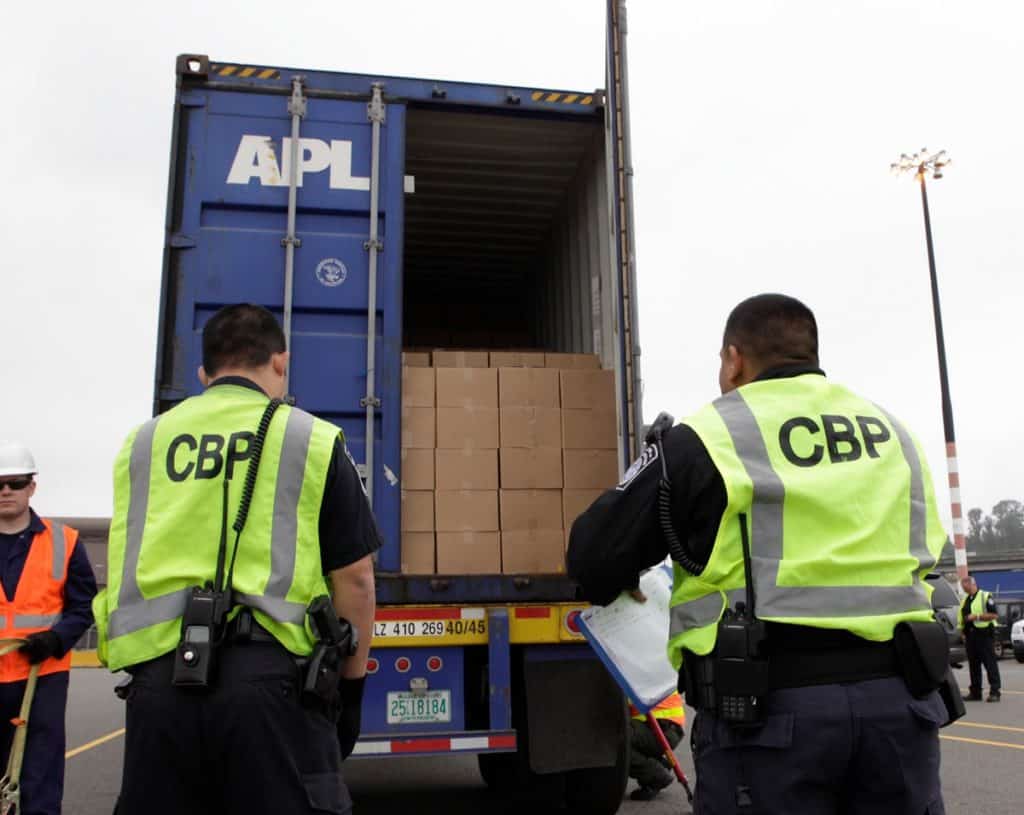According to a report by U.S Department of Agriculture, Egypt re-instated pre-shipment inspection on import of grains.
Re-Introduction of Pre Shipment Inspection
The USDA in Global Agricultural Information Network report revealed that Egypt has reintroduced mandatory plant quarantine pre-shipment inspections for grain imports. All plant and plant product shipments are subject to phytosanitary certificates as per international provisions. The reintroduction of inspection has returned due to the invalidation of Prime Ministerial Decree No. 2992/2016.
Further, the decision has come after significant delays and increased rejections of grain shipments from Egypt by quarantine officials. This decree refrained government officials to inspect at the port of loading. Instead, it authorized the General Organization for Export & Import Control (GOEIC) to coordinate and administer import inspection.
Establishment of CAPQ
Ministry of Agriculture and Land Reclamation has re-established Central Plant Quarantine Authority (CAPQ) to inspect oil seeds and grains. The General Organization for Supply Commodities will now require an inspection of Egyptian officials at the port of loading. Further, the ministry has assigned CAPQ with the responsibility of stipulating export-import phytosanitary regulations.
The GOEIC contracted inspection of grain imports at the port instead of sending government teams. Hence, GOEIC is no longer in a position to regulate food imports. Further, the CAPQ will carry out all the pre-shipment inspections for GASC purchases. It is the world’s single largest purchaser of wheat.
Requirements for Pre Shipment Inspection
Based on the guideline of WTO under the International Plant Protection Convention (IPPC), the Egyptian government has laid down several requirements. It has pre-conditioned experience of at least five years for quarantine engineers. Further, the importer must apply to Egyptian Plant Quarantine much before the travel of the inspection committee. Also, the importer will have to pay for all the traveling and transportation costs.
Rejection of Consignment
Besides, the committee must conduct a pre-inspection of silos and warehouses from which the consignment is shipped to the vessel. Further, if the consignment is not with the quarantine legislation, the committee can either re-empty the infested part or reject the whole consignment. Also, the rejected shipments are subject to re-inspection even if the importer has carried out the treatment in the country of origin.
In all, the Egyptian government has mandated the inspection to get a hold of unsuitable imports of grains.

